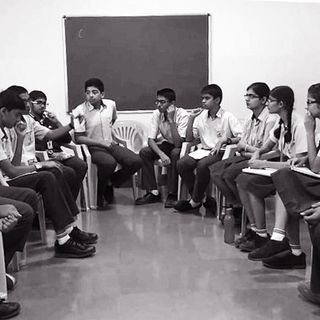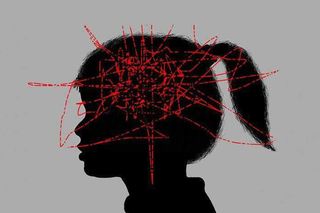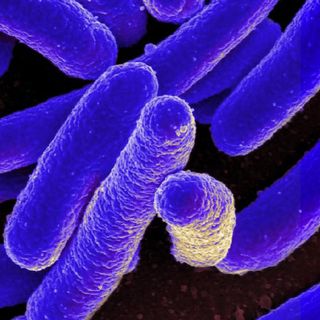
Childhood Trauma Linked to Early, Premarital Childbirth and Poor Health for Women
“It is the idea of ‘chains of risk’ — one thing leads to another.”

That childhood trauma leads to poor mental and physical health later in life is well researched and documented; new research has now revealed the why and how of it — for women. The study found that women who experienced childhood trauma were more likely than others to have their first child earlier in life and premaritally — and that those factors were associated with poorer health later in life,too.
Co-researchers Kristi Williams, from the University of Ohio, and Brian Karl Finch, of the University of Southern California, co-analyzed data they collected from nearly 3,000 women over a period of 25 years and found “evidence that exposure to adverse childhood experiences shapes developmental processes central to emotional regulation, impulsivity, and the formation of secure intimate ties.” This, in turn, affects the timing and context of childbearing for women later in life. The findings, published in the Journal of Health and Social Behavior, have implications for public programs to prevent teen pregnancy, Williams said in a statement.
“It’s easy to tell teens that they shouldn’t have kids before marriage, but the message won’t be effective if they haven’t developed the capacity to do that because of trauma they experienced in childhood,” Williams said. “It may be necessary to do different kinds of interventions and do them when children are younger.”
Previous research has been focussed on the biological and neurological effects of childhood trauma; such trauma has been associated with increased chances of anxiety disorders and depression later in life. Other research has linked it with serious health risks, such as cancer, diabetes, and even early death. “But there hasn’t been any attention given to how childhood adversity may affect social and developmental processes in adolescence and young adulthood — factors that we know are also strong predictors of later health,” she said.
Related on The Swaddle:
Childhood Trauma And Its Effect On Adults
Each woman who participated in the study reported whether she had survived one or more of the following traumas before the age of 18: physical abuse; alcoholism or mental illness at home; emotional neglect; the death of a parent; or, absent parent(s). The researchers then examined how old each participant was when she first married, and whether she was married, cohabiting with a partner, or neither when she first got pregnant. Participants also rated their health at or near age 40.
Findings showed that, with each childhood trauma a woman faced, the likelihood increased of a younger age at first birth and of a first birth during adolescence or young adulthood compared to later (age 25 to 39). Each additional trauma was linked to a 24% increase in the probability of being unmarried and living by oneself during first birth.
With these findings and data provided by women about their health, the researchers posit that early and premarital births were a key reason why children who experienced trauma were more likely to report poorer health at midlife. A previous 2011 study, of which Williams was one of four co-authors, found that premarital childbirth at a young age was directly linked to a high economic toll, increasing chances of living in poverty, chronic stress, low social support, social isolation, and psychological distress.
“It is the idea of ‘chains of risk’ — one thing leads to another,” Williams said in the statement. “Childhood trauma leads to social and biological risks that lead to early and nonmarital birth which can lead to health problems later in life.” ‘Nonmarital’ birth as a cause of poor health makes sense when viewed against the general sociological consensus that marriage offers many salubrious benefits such as financial resources and social security, public pensions, and spousal health insurance, which in turn guarantee a better quality of life, and consequently, health.
William uses the findings of this study to question the notion that children these days are morally bankrupt, that they don’t value marriage, that only if they were taught not to have children (or sex) until after marriage, all would be good. But, William says, society can sell the “success sequence — go to college, get a job, get married and have a child — exactly in that order” all it wants, and some people still won’t do it. They won’t do it because they are not able to; the reasons are not cultural, they’re structural. She says, “when people experience traumas early in life, it makes it less likely that they will be able to make those positive choices.”
Pallavi Prasad is The Swaddle's Features Editor. When she isn't fighting for gender justice and being righteous, you can find her dabbling in street and sports photography, reading philosophy, drowning in green tea, and procrastinating on doing the dishes.
Related


Study Reveals How Gut Bacteria Affect Blood Sugar
